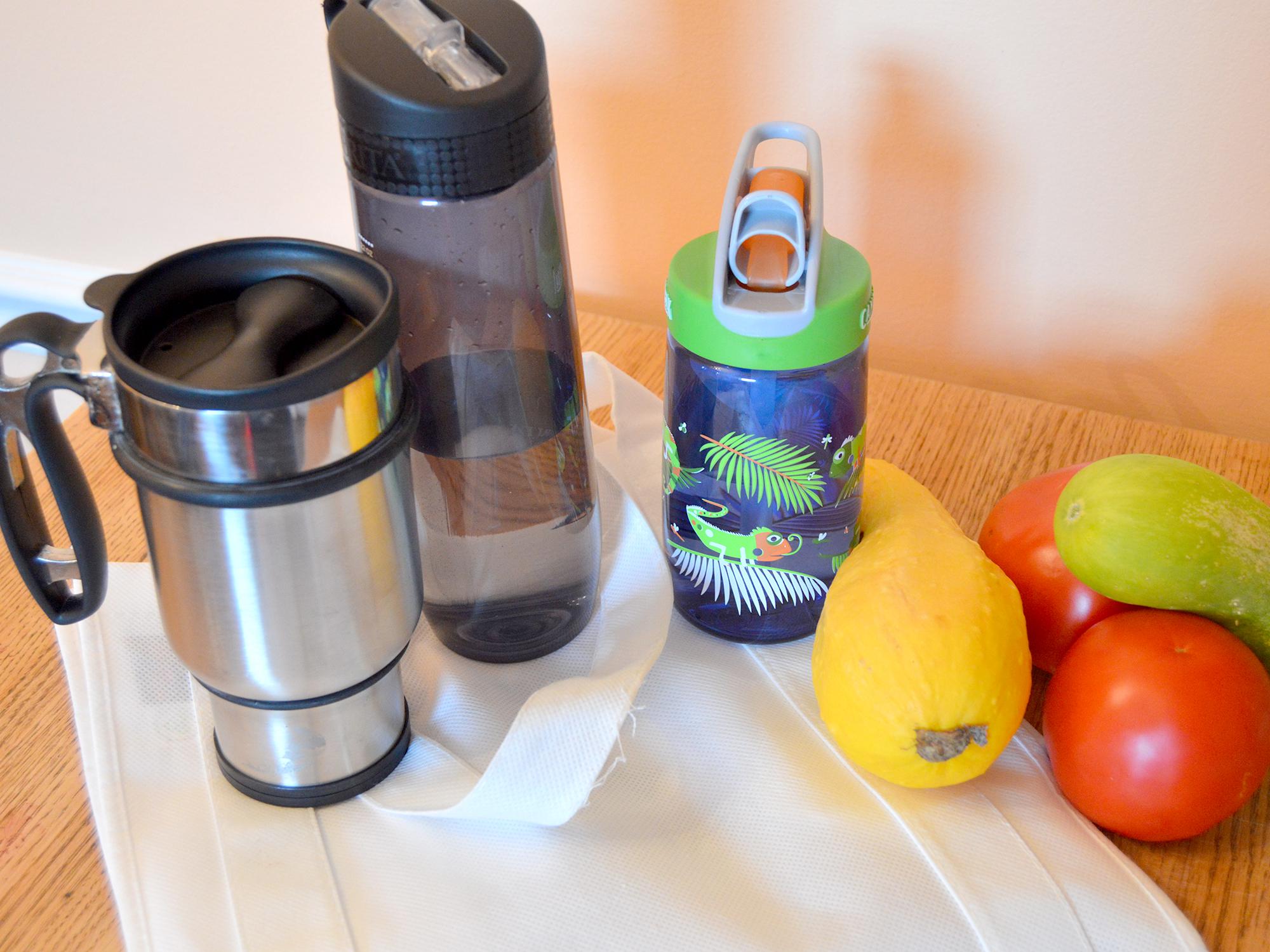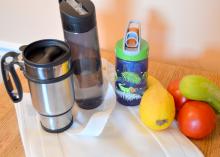Information Possibly Outdated
The information presented on this page was originally released on July 22, 2016. It may not be outdated, but please search our site for more current information. If you plan to quote or reference this information in a publication, please check with the Extension specialist or author before proceeding.
Begin ‘going green’ with simple choices
STARKVILLE, Miss. – The “going green” movement is evidence that people and businesses are becoming increasingly concerned about the environment.
The development of products that are energy efficient and eco-friendly also shows that people want to protect the earth and its precious resources.
Some people just jump on the bandwagon, but there are many important reasons to change our lifestyles to be greener. There is still a growing need for more people and companies to adopt attitudes and behaviors that protect the environment.
Going green means living in a way that is friendly to the environment -- choosing to reduce, reuse, recycle and refuse. We make hundreds of choices each day, and many of those choices impact the environment.
When we drive to work, grab a morning coffee, water the lawn, buy new running shoes or blast our air conditioners, we’re using the earth’s resources. All of the things we use each day are made from materials that come from the earth.
For many of these items, the processes of removing them from the earth and developing them into the products we consume harm the environment. Harvesting raw materials to make these goods contributes to deforestation, water pollution and destruction of important habitat for animals. Polluted environments can lead to increased health risks for people who live in contaminated areas.
Protecting natural resources is one reason people go green. In addition to helping the environment, some people go green to simplify their lives and improve their health. For example, reducing the amount of processed food we eat has benefits for the environment and our bodies. We would consume less packaging that becomes trash, as well as reduce our greenhouse gas emissions.
Base your meals on whole foods such as vegetables, fruits, whole grains, beans and a little meat. Plan your meals to reduce food waste, and eat leftovers.
Regardless of why a person decides to go green, the facts don’t lie: Certain behavioral changes can have major beneficial impacts on the environment. Changing our behavior is hard, but you can start small -- maybe with making just one different choice each day. If we all started this process, it would make a BIG difference.
Reduce the amount of stuff (food, products, water, energy) that you use.
Reuse items instead of buying new ones. Invest in quality products that you will not have to replace quickly, or buy secondhand.
Recycling is often easier said than done because many of the products we buy, such as Styrofoam and some plastics, can’t be recycled. You may want to avoid these products altogether.
Decline plastic shopping bags when you have only a few items to carry.
Use a refillable water bottle instead of buying bottled water. Bring a reusable travel mug to your favorite coffee shop, and you may even get a discount.
Seek out and support businesses that produce green products.
Swap out all of the incandescent lights in your house with compact fluorescent lights to immediately save energy.
Adjust thermostats up 1 degree in summer and down 1 degree in winter to save energy and money spent on power bills.
Go vegetarian one day a week.
Use those dishes and cloth napkins you got as wedding gifts.
Fix water leaks and toilets that continuously run.
Finally, don’t give up! Keep looking for new ways to make smarter choices. We’ve been raised in a time when consumerism and convenience have been the norm, so changing our behaviors will take time and effort. Don’t get discouraged. Protecting this planet for future generations is our responsibility, and together our efforts can make a difference.
For more information about water conservation, contact Beth Baker, assistant Extension professor at Mississippi State University, at 662-325-7491 or beth.baker@msstate.edu. Baker is a project coordinator with the Research and Education to Advance Conservation and Habitat program.

Editor’s Note: Extension Outdoors is a column authored by several different experts in the Mississippi State University Extension Service.




